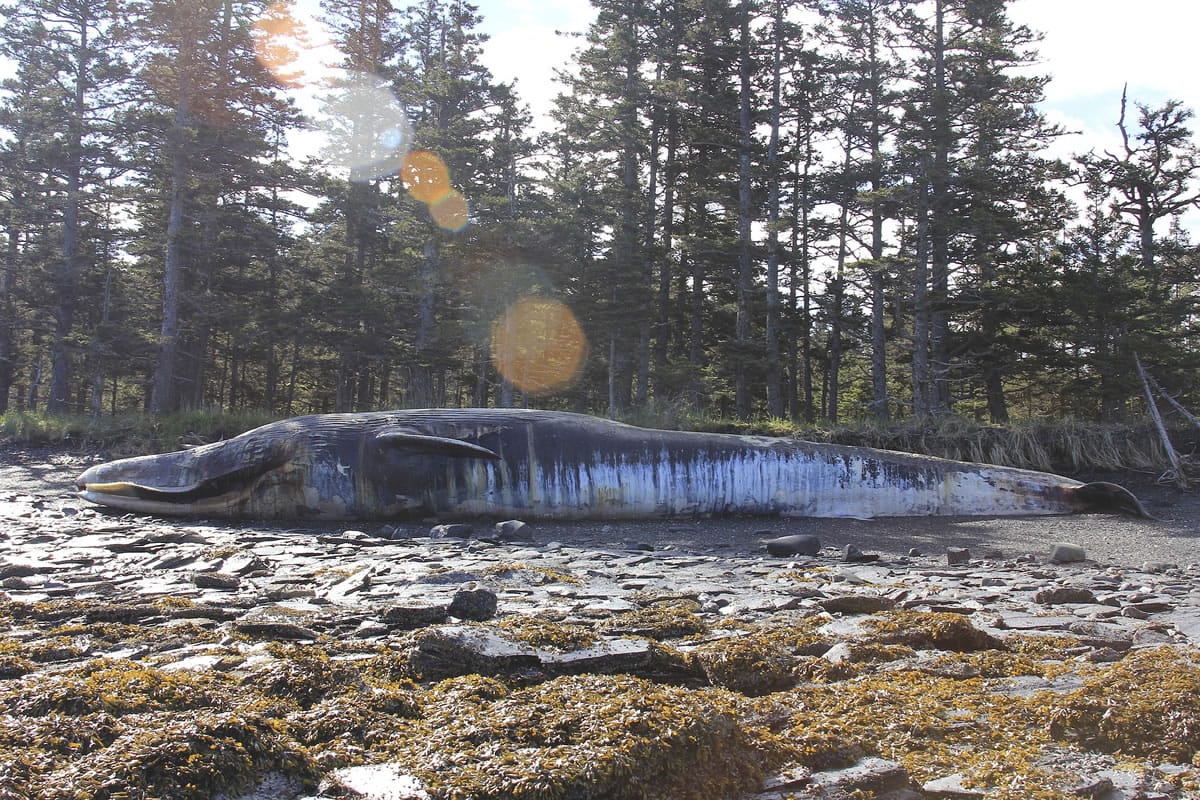JUNEAU, Alaska — A federal agency announced plans Thursday for a more intense investigation into what caused the deaths of 30 large whales in the western Gulf of Alaska since May.
NOAA Fisheries declared the deaths an “unusual mortality event,” triggering a new-level investigation that brings with it access to additional resources. The agency said the deaths are about three times the historical average for the region.
Julie Speegle, a spokeswoman for NOAA Fisheries in Alaska, said a leading hypothesis for the deaths is harmful algal bloom toxins but she noted that there currently is no conclusive evidence linking the two.
Officials have only been able to get samples from one of the 30 whales. Teri Rowles, NOAA Fisheries’ marine mammal health and stranding response coordinator, told reporters during a teleconference Thursday that large-scale whale deaths are among the toughest to investigate, partly because the carcasses often are floating, rarely beached and difficult to access for examination. In Alaska, bears feeding on washed-up whale carcasses create safety concerns for researchers who want to collect samples, she said.




